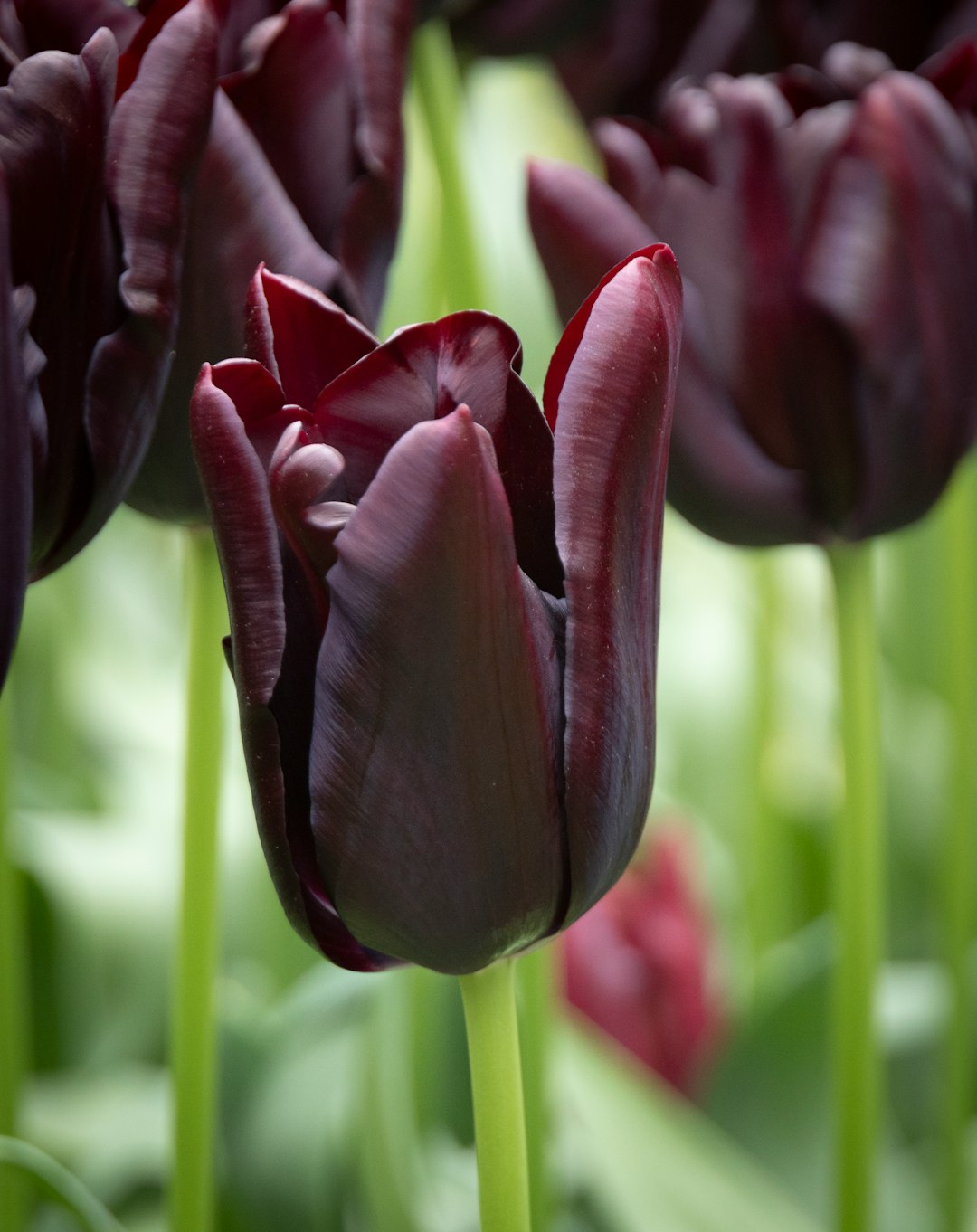Conquer Your Garden's Invaders: Expert Solutions

Maintaining a beautiful garden is a labor of love, but it can quickly turn into a nightmare when invasive insects start to take over. These pests not only damage your plants but also have the potential to spread rapidly, causing even more problems. Fortunately, with the right strategies and expert tips, you can stop these invaders from ruining your garden and prevent them from spreading further.
One of the first steps in dealing with garden pests is to identify the specific insects you're dealing with. Different pests require different treatment methods, so it's important to know exactly what you're up against. Some common garden pests include aphids, caterpillars, slugs, and snails. Aphids are small, soft-bodied insects that suck the sap from plants, causing them to wilt and deform. Caterpillars are the larvae of moths and butterflies and can quickly devour leaves and flowers. Slugs and snails are mollusks that leave a trail of slime as they move and can cause significant damage to plants by eating holes in the leaves.
Once you've identified the pests in your garden, you can start implementing control measures. One of the most effective ways to control garden pests is to use natural predators. Ladybugs, lacewings, and praying mantises are all beneficial insects that feed on aphids and other pests. You can attract these predators to your garden by planting flowers and herbs that they like, such as dill, fennel, and yarrow. Another natural control method is to use companion planting. Certain plants, such as marigolds, nasturtiums, and garlic, have natural pest-repellent properties and can help protect your other plants from damage.
If natural control methods aren't enough, you may need to use chemical pesticides. However, it's important to use these products carefully and follow the instructions on the label. Chemical pesticides can be harmful to beneficial insects, as well as to humans and pets, so it's important to use them only when necessary and in the smallest amount possible. When using chemical pesticides, it's also a good idea to wear protective clothing and gloves and to avoid spraying on windy days.
In addition to using natural and chemical control methods, there are also some cultural practices that you can implement to prevent garden pests from becoming a problem in the first place. One of the most important things you can do is to keep your garden clean and free of debris. Pests often hide in fallen leaves, weeds, and other plant material, so removing these items regularly can help reduce their population. You should also water your plants at the base rather than from above, as this can help prevent the spread of fungal diseases. Finally, it's a good idea to rotate your crops each year to prevent the buildup of pests and diseases in the soil.
Another important aspect of pest control in the garden is to monitor your plants regularly. By checking your plants for signs of damage or infestation on a regular basis, you can catch problems early and take action before they become too severe. Look for signs such as holes in the leaves, wilting, yellowing, or discoloration. You should also check the undersides of leaves for eggs or larvae. If you notice any signs of pests or disease, it's important to take action immediately.
In conclusion, dealing with garden pests can be a challenge, but with the right strategies and expert tips, you can keep your garden healthy and beautiful. By identifying the pests in your garden, using natural and chemical control methods, implementing cultural practices, and monitoring your plants regularly, you can prevent these invaders from ruining your garden and spreading to other areas. Remember, a little prevention goes a long way when it comes to pest control in the garden.
So, don't let invasive insects take over your garden. Take action today and start enjoying a pest-free garden tomorrow.